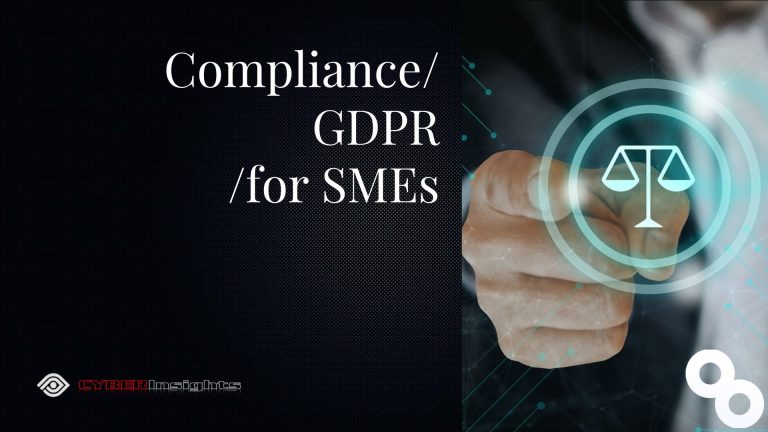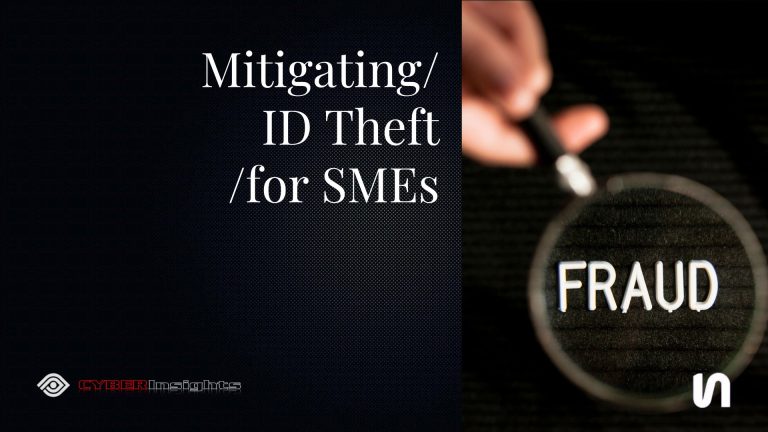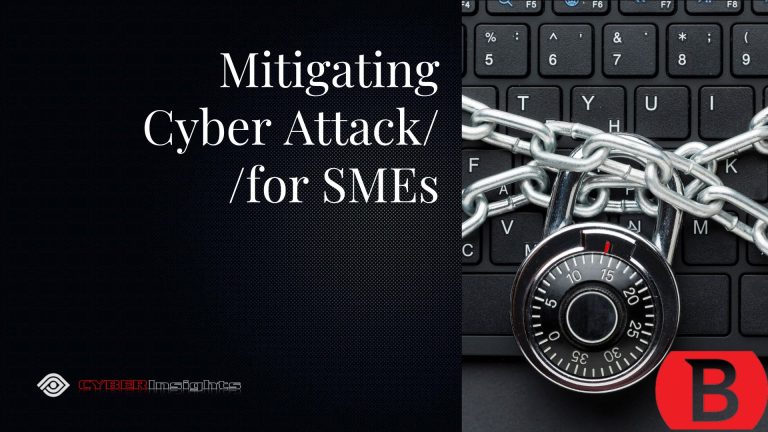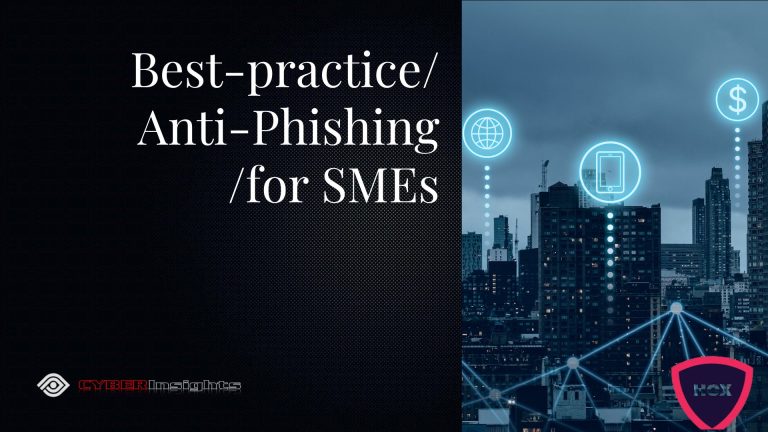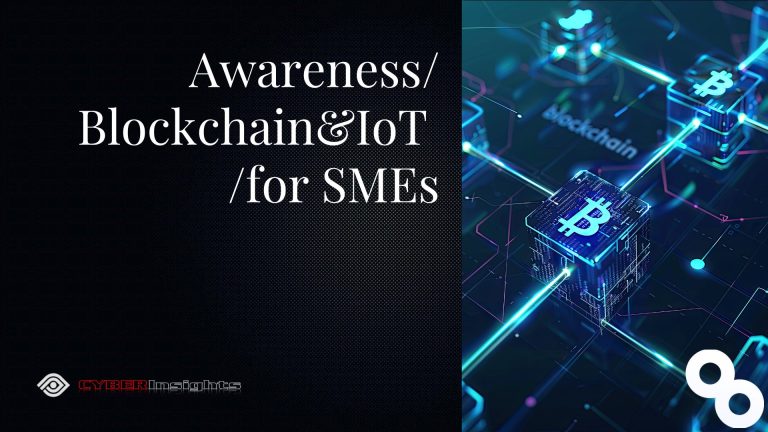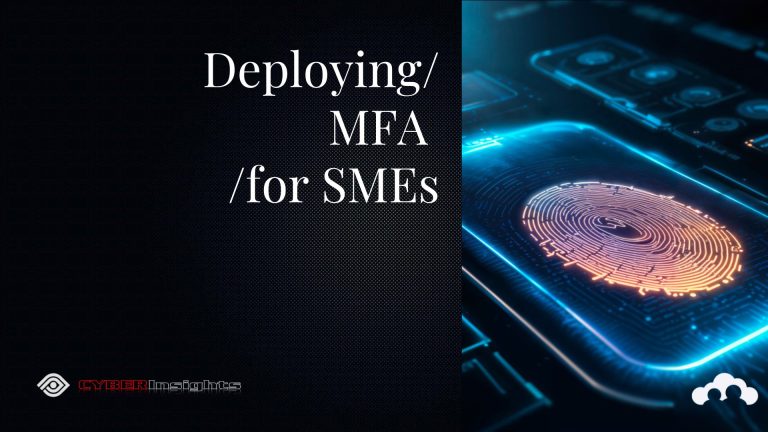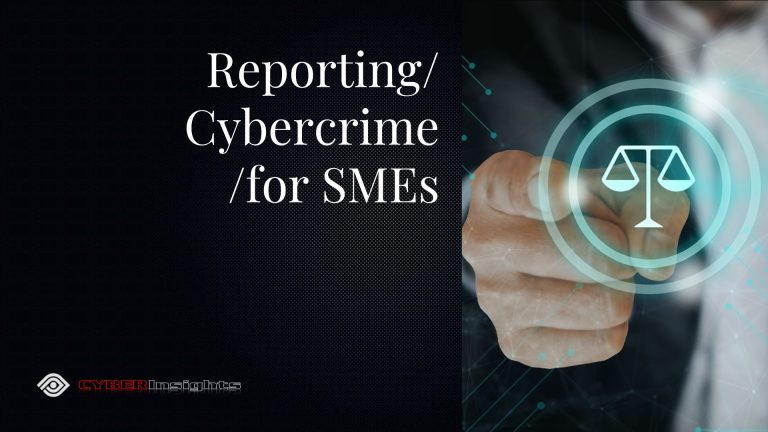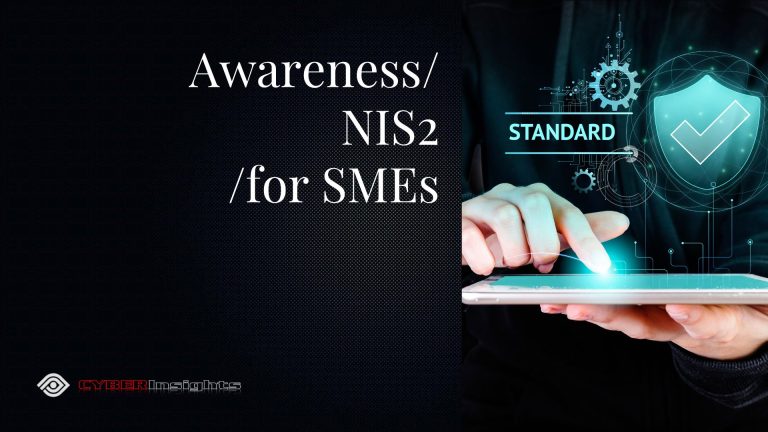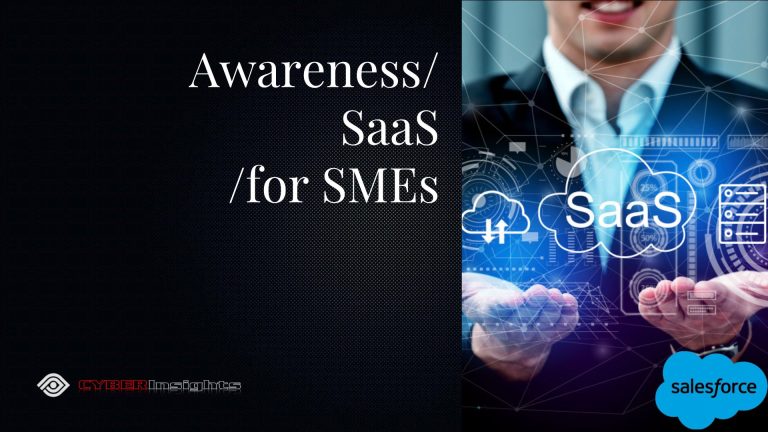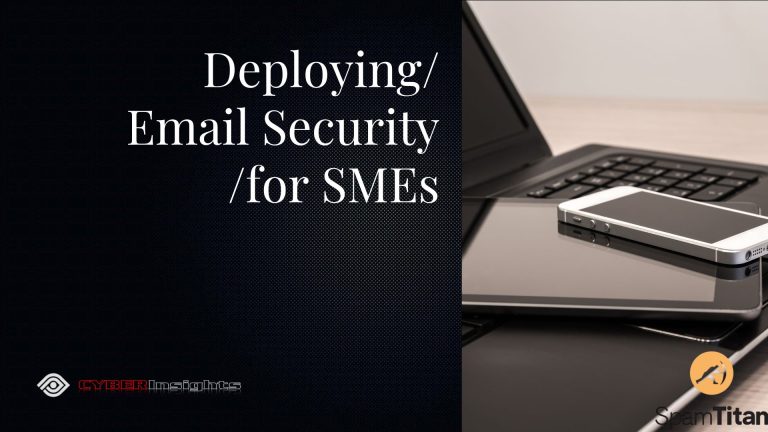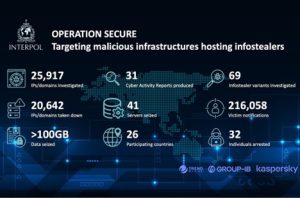Helping Keep Small Business CYBERSafe
Málaga: Saturday, 12th April 2025 at 12:00 CEST
REPORTAGE: NHS Cybersecurity – 20 Years of Warnings Ignored – At Our Peril
By Iain Fraser/Reportage & Andy Jenkinson CIP
via SMECYBERInsights – The UK Small Business Cybersecurity Network
#SMECyberInsights #SMECyberSecurity #SMECyberAwareness #CyberSafe #SME #SmallBusiness #NHS
NHS Cybersecurity – 20 Years of Warnings Ignored – At Our Peril
From 2000 to 2008, Andy Jenkinson was embedded in the £12 billion NHS National Programme for IT (NPfIT), the largest tech project in Europe at the time. Despite its ambition, it lacked a foundational pillar: Real Cybersecurity. Two decades later, the situation has not improved — and the consequences are now being felt on a national scale.
Recent analysis and incident reports confirm what many of us in the industry have warned for years: the NHS remains woefully exposed to cybercrime. The personal health data of millions of Britons hangs by a thread, and we’re sleepwalking into a systemic data collapse that is entirely preventable.
Perpetually Exposed, Perpetually Ignored
Much of the NHS’s digital infrastructure, including patient records and diagnostic data, is stored via outsourced US-based cloud providers — often without sufficient controls or visibility. These platforms, despite high costs and prestigious branding, are not immune to breaches. In fact, many have long histories of them.
Yet they continue to be awarded government contracts worth billions.
This isn’t simply oversight; it’s institutionalised complacency.
We’re outsourcing the guardianship of our most sensitive health records to third parties who, in many cases, have previously failed to protect data. Meanwhile, NHS procurement, contract, and legal teams rarely demand minimum security standards, or mandate accountability. In doing so, they perpetuate a system that trades national data sovereignty for short-term convenience.
An Avalanche of Attacks — and a Culture of Silence
New research suggests the NHS has suffered over 75,000 cyberattacks since the year 2000 — roughly 360 attacks per week, or 51 a day. And those are just the known cases. Most remain unreported, under-investigated, or quietly swept aside to preserve reputational damage.
The average healthcare-related cyberattack costs around £100,000, meaning the cumulative financial toll may now exceed £7.5 billion. That figure does not reflect the real human cost: delayed procedures, cancelled operations, and a creeping erosion of public trust in the security of their most intimate data.
Consider the high-profile ransomware attack on Synnovis in June 2024. Services across King’s College Hospital, Guy’s and St Thomas’, and other London NHS Trusts were paralysed. Over 10,000 outpatient appointments and nearly 1,700 elective procedures had to be cancelled. Emergency patients were diverted, and a critical shortage of O-type blood was declared — an indirect, but potentially lethal, impact.
Qilin, the ransomware group behind the attack, later published nearly 400GB of stolen data, including patient names, NHS numbers, and sensitive blood test information.
And yet, this is just the tip of the iceberg.

Outdated Systems, Modern Threats
The NHS is not alone. Public sector organisations — councils, schools, hospitals — are increasingly being seen as “low-hanging fruit” for cybercriminals. Many run outdated systems, lack in-house cyber expertise, and face tight budgets. But when a school is forced back to chalkboards, or a council’s services are paralysed for months due to a ransomware attack, the argument for cost-saving over security loses all credibility.
Cybercrime now costs the UK economy an estimated £246 billion annually — around 10% of national GDP. Globally, that figure is a staggering £8.5 trillion.
And let’s be clear: this isn’t just a technical issue. It’s a risk to life.
Every time a procedure is cancelled, or an ambulance is delayed due to IT system failures, real people suffer. The healthcare system becomes less responsive, less effective — and more dangerous.
No More Blank Cheques
So why is cybersecurity still considered optional in NHS procurement?
Why are tech giants with known vulnerabilities still winning government contracts?
Why, in 2025, are we still operating critical services without baseline protections for data integrity, access control, and breach response?
Until ministers and decision-makers treat cybersecurity as a non-negotiable pillar of national healthcare, the UK remains exposed — not only to external threats but to a cascade of internal failures.
We are, in effect, hiring known criminals to guard national secrets. This isn’t hyperbole. It’s a direct reflection of how lax and unaccountable the current system has become.
Cybersecurity Is Public Safety
Cybercrime and fraud are now deeply interconnected. Stolen NHS data fuels a wider black-market economy — used in phishing scams, insurance fraud, and identity theft. The damage ripples outward, affecting mortgage approvals, insurance access, and personal reputations.
In recent months, the threat has only intensified. GCHQ has warned of coordinated efforts by pro-Russian and pro-Palestinian hacker groups targeting British infrastructure. As the UK takes a more vocal role on the global stage, its public services are becoming high-value targets.
We cannot continue to ignore this.
Every pound spent on unsecured systems is a pound spent enabling the next breach. Every contract signed without due diligence is a gamble with patient safety.
It’s time to end the culture of passive risk. Ministers must stop signing blank cheques. Cybersecurity must become a core requirement, not an afterthought.
Because in this digital age, public health doesn’t just depend on surgeons or nurses. It depends on whether our data — and by extension, our safety — is truly protected.
UK Small Business Owner? Join CYBERInsights Free Now! & Access the SME Cyber Forum – Read, Learn, Engage, Share …
The Latest SME Cybersecurity News, Threat Intelligence & Analysis, Timely Scam Alerts, Best-practice Compliance, Mitigation & Resources specifically curated for UK Based SMEs in a Single Weekly Email direct to your Inbox or Smart Device together with Unrestricted Free Access to our entire SME Cyber Knowledge & Tutorial Library.

About Andy Jenkinson
Group CEO CIP. Fellow Cyber Theory Institute. Director Fintech & Cyber Security Alliance (FITCA) working with Governments. Recognised Expert in Internet Asset & DNS Vulnerabilities.
Andy Jenkinson is a senior and seasoned innovative Executive with over 30 years’ experience as a hands-on lateral thinking CEO, coach, and leader.


